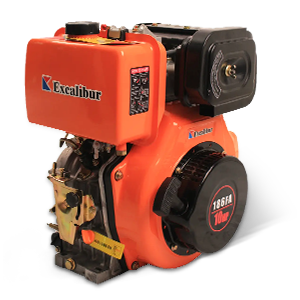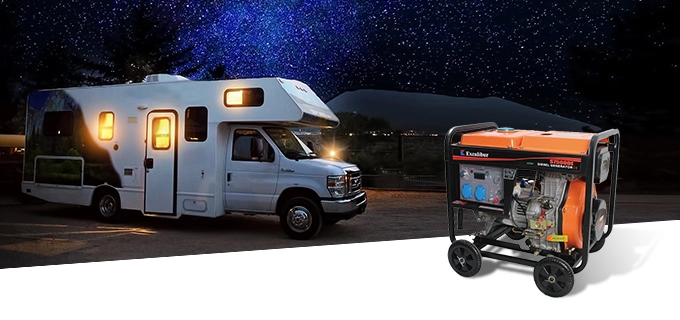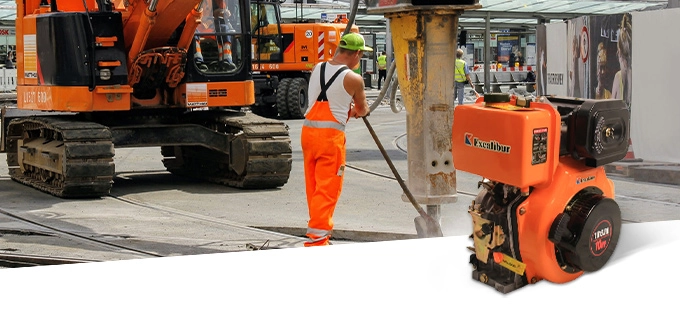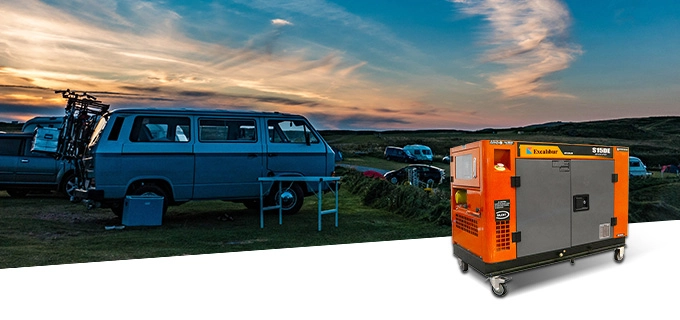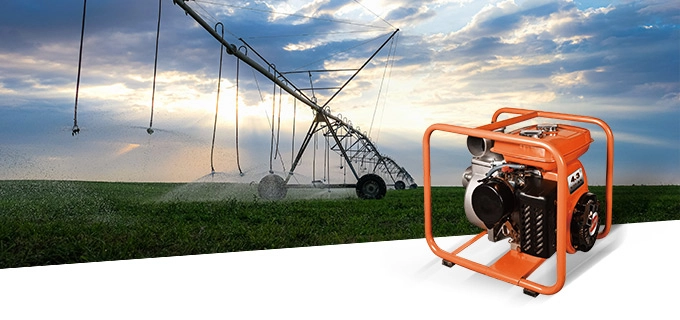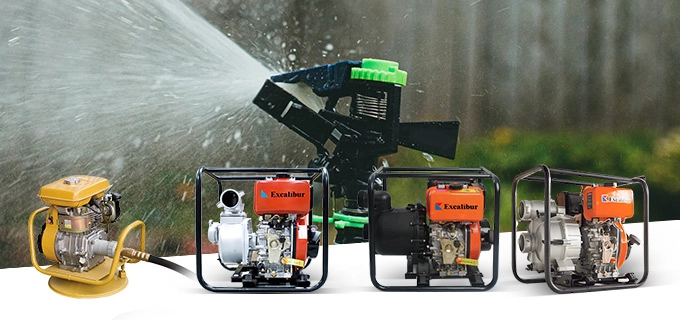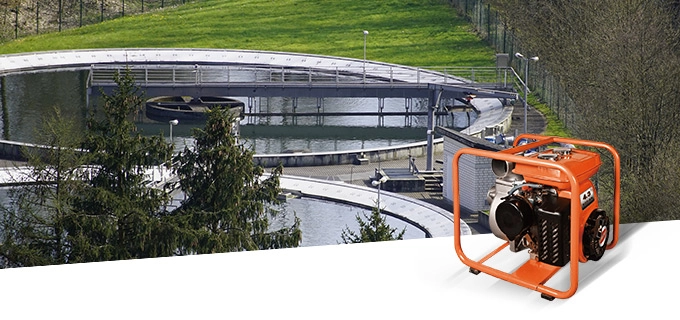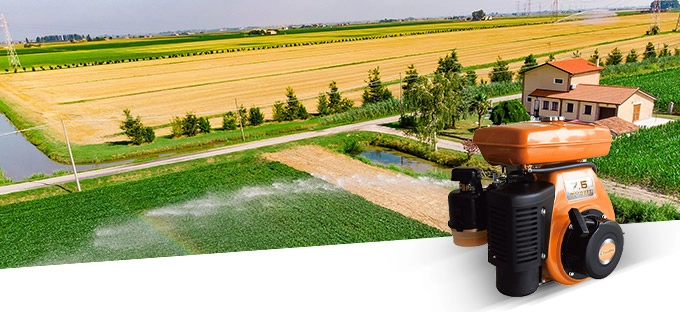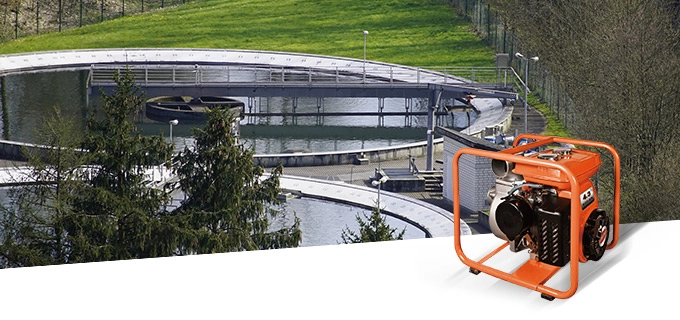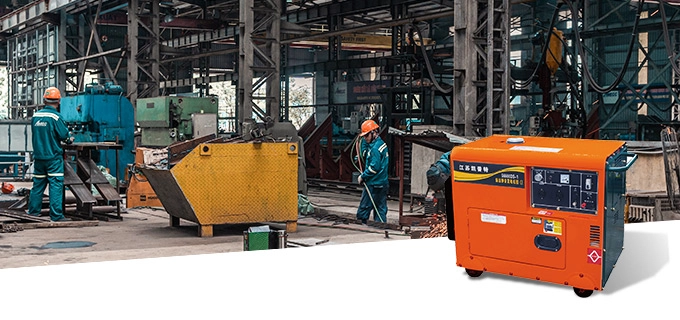Emergency Preparedness: The Crucial Role of Diesel Generators in Disaster Response
Natural disasters and major emergencies are happening more frequently and are harder to anticipate. Hurricanes, earthquakes, floods, wildfires, extreme winter storms, and heatwaves can cripple power grids within minutes, leaving entire regions without electricity for days or even weeks. From hospitals and emergency shelters to water treatment plants, telecom networks, and disaster command centers, diesel generators play a vital, irreplaceable role in disaster response and emergency preparedness. Why Power Is the First Priority in Any Disaster Electricity underpins nearly every modern emergency response function. Once the grid goes down, failures spread quickly across critical systems: Hospitals lose life-support systems Communication networks fail Water supply and sanitation systems stop Fuel pumps become inoperable Emergency coordination becomes chaotic Without backup power, disaster response efforts are severely compromised. Restoring electricity—even temporarily—becomes the foundation upon which all other recovery actions depend. Diesel generators are uniquely suited to address this challenge because they provide immediate, on-site, independent power, unaffected by grid damage. Why Diesel Generators Are Central to Disaster Preparedness Reliability Under Extreme Conditions Diesel generators are engineered for harsh environments and heavy-duty operation. Unlike many alternative power sources, diesel generators: Start reliably in extreme temperatures Operate continuously for long durations Tolerate high electrical loads Require minimal electronic complexity This robustness makes them particularly suitable for disaster scenarios, where conditions are far from ideal. Independence from the Grid During disasters, transmission lines, substations, and transformers are often damaged. Diesel generators operate entirely independent of grid infrastructure, making them deployable even when power networks are completely destroyed. This independence allows emergency teams to establish self-sufficient power islands wherever they are needed most. Key Applications of Diesel Generators in Disaster Response Diesel generators support a wide range of critical services during emergencies. Hospitals and Healthcare Facilities Hospitals are among the most power-dependent facilities in society. During disasters, they must continue operating without interruption. Diesel generators ensure power for: Intensive care units (ICUs) Ventilators and life-support systems Operating rooms Emergency lighting Medical refrigeration Diagnostic equipment In many countries, hospitals are legally required to maintain diesel backup generators with sufficient fuel for extended operation. Emergency Shelters and Relief Centers Displaced populations depend on shelters for safety and basic needs. Diesel generators provide power for: Lighting and heating/cooling Cooking and food storage Water pumping and sanitation Charging communication devices Security systems Reliable power helps maintain order, safety, and dignity during crises. Communication and Command Centers Effective disaster response relies on coordination. Diesel generators power: Emergency operation centers (EOCs) Telecom towers and base stations Satellite communication equipment Data centers and servers Radio and dispatch systems Without power, emergency coordination becomes fragmented and inefficient. Water, Wastewater, and Flood Control Systems Electricity is essential for water infrastructure. Diesel generators keep critical systems running, including: Drinking water treatment plants Wastewater pumping stations Flood control and drainage systems Desalination facilities in coastal regions Failure in these systems can quickly escalate a disaster into a public health crisis. Why Diesel Over Other Backup Power Options? While alternative energy sources such as solar, batteries, and natural gas generators have roles in emergency preparedness, diesel generators offer distinct advantages. Diesel Generators vs Other Emergency Power Options Feature Diesel Generators Battery Systems Solar Power Natural Gas Generators Startup speed Immediate Immediate Delayed Immediate Runtime Long (with fuel) Limited Weather-dependent Depends on gas supply Load capacity High Moderate Low–moderate High Fuel availability Transportable Fixed Sun-dependent Pipeline-dependent Disaster resilience Very high Moderate Low in storms Vulnerable to gas outages Diesel generators remain the most versatile and resilient option when infrastructure damage is widespread. Fuel Logistics: A Critical Advantage of Diesel Diesel Fuel Availability Diesel fuel is extensively utilized across multiple sectors, including transportation, agriculture, construction, and military operations.This widespread usage ensures: Established supply chains Portable fuel storage Compatibility with tanker trucks and mobile fueling units In disaster zones, diesel can be transported directly to affected areas, even when pipelines or electrical fueling systems are compromised. Extended Runtime Capability Diesel generators can run continuously for days or weeks, provided fuel is replenished. This makes them ideal for prolonged disasters, where grid restoration may take significant time. Mobility and Rapid Deployment Disasters demand speed. Diesel generators are available in multiple configurations to support rapid deployment: Trailer-mounted mobile generators Containerized generator sets Portable diesel generators Skid-mounted industrial units These systems can be transported by trucks, helicopters, ships, or rail, allowing emergency responders to bring power directly to the point of need. Scalability: From Small Relief Sites to Large Infrastructure One of the strengths of diesel generators is scalability. Small units power mobile clinics or field offices Medium units support shelters and telecom towers Large generators supply hospitals, airports, and industrial facilities Multiple generators can be synchronized to form temporary power plants, providing megawatt-level output when required. Noise Control and Urban Disaster Response In densely populated disaster zones, noise can be a concern. Modern diesel generators address this through: Sound-attenuated (silent) enclosures Advanced exhaust mufflers Vibration isolation systems This allows diesel generators to operate in urban areas, near hospitals and residential zones, without creating additional stress for affected populations. Maintenance and Readiness: The Hidden Challenge Emergency power systems are only effective if they work when needed. Importance of Routine Testing Diesel generators must be: Regularly tested under load Maintained according to manufacturer schedules Supplied with clean fuel Equipped with functional batteries and control systems Neglecting maintenance can lead to generator failure at the worst possible moment. Fuel Quality and Storage Long-term fuel storage requires: Proper tanks and filtration Additives to prevent degradation Regular inspection for water or contamination Emergency preparedness plans must include fuel management strategies, not just generator installation. Regulatory Standards and Emergency Compliance Many governments and institutions mandate diesel generators for critical facilities. Common requirements include: Minimum runtime (e.g., 48–72 hours) Automatic transfer switches (ATS) Redundant generator systems Periodic inspection and certification Compliance ensures that generators perform reliably during real emergencies. Environmental Considerations During Disasters While diesel generators produce emissions, their role in disaster response is primarily life-saving and infrastructure-protecting. Modern diesel generators mitigate environmental impact through: Improved fuel efficiency Advanced combustion systems Emission control technologies

